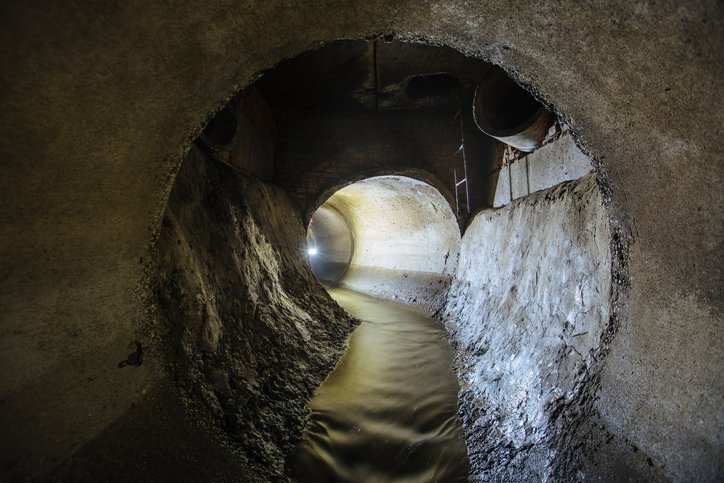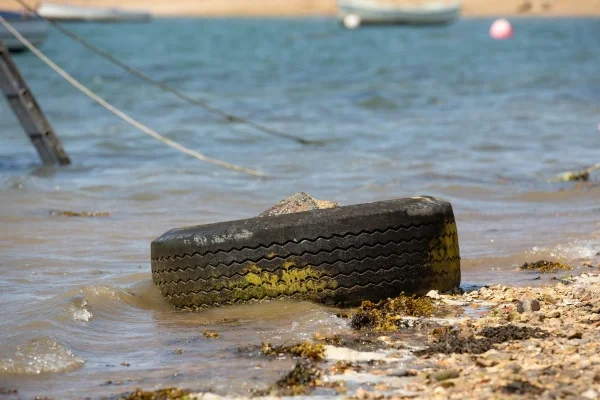Wastewater pollution
The global water crisis is made worse by wastewater, which comes from kitchens, bathrooms and toilets, industrial effluent, agricultural effluent, stormwater and urban run-off.
Chemicals and excessive nutrients in wastewater degrade ecosystems, including soil, freshwater sources and oceans, contributing to food insecurity and other social issues.
Through the release of potent greenhouse gases such as methane and nitrous oxide, wastewater accounts for about 1.57% of global emissions, just below the climate harm caused by the global aviation industry.
Wasted potential
Yet wastewater can become a climate solution: in generating biogas, heat and electricity, it can produce about five times more energy than is required for its treatment – enough to provide electricity for around half a billion people per year.
By reducing water insecurity, good management of wastewater can also support countries’ efforts to adapt to climate change.
Reusing nitrogen, phosphorous and potassium from wastewater would also help reduce dependence on synthetic fertilisers, offsetting 13.4% of the global agricultural nutrient demand.
Proper management of wastewater also has the potential to irrigate around 40 million hectares – an area equal to almost the size of Paraguay.
Successful wastewater management
Additional resources can be recovered from wastewater, which are already benefiting various industries.
These include raw material for producing paper, polymers, pesticides, rubber, paint, biodiesel, food preservatives and flavours, fireproofing and waterproofing fabrics, medical products, jewellery and packaging of food, hygiene and other products.
Improving water management and reuse is a complex challenge. Yet countries worldwide have experience to build on and scale up, and solutions may be adapted for different socio-environmental contexts.
The report highlights examples of successful wastewater management from both high- and low-income countries, including in the Caribbean, China, Colombia, Denmark, Egypt, Germany, India, Israel, Namibia, Senegal, Sweden, Singapore, the Solomon Islands and Tunisia.
‘We need to keep the pressure up to improve some critical underlying conditions if these actions are to succeed. For that to happen, we need more effective governance, investment, supporting innovation, strengthening data, improving capacity to implement and – critically shifting our behaviour – all of us as individuals and institutions.’
PETER HARRIS
Director of GRID-Arendal
 Play Video about This Rock Might Just Save The World
Play Video about This Rock Might Just Save The World Play Video about Play 2 hours of rock
Play Video about Play 2 hours of rock Play Video about Play 2 hours of brook
Play Video about Play 2 hours of brook Play Video about Play 2 hours of sheep
Play Video about Play 2 hours of sheep















































